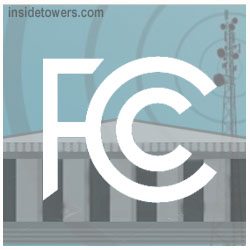The leaders of the House Commerce Committee asked FCC Chairman Ajit Pai Tuesday to stop all work on “partisan, controversial” issues, and follow norms set by past transfers of power. House Commerce Committee Chair Frank Pallone (D-NJ) and Communications and Technology Subcommittee Chair Mike Doyle (D-PA), said in a letter:
“With the results of the 2020 presidential election now apparent, leadership of the FCC will undoubtedly be changing. As a traditional part of the peaceful transfer of power—and as part of our oversight responsibilities—we strongly urge the agency to only pursue consensus and administrative matters that are non-partisan for the remainder of your tenure.”
They quoted Pai as saying in November 2016 he welcomed calls from Congress for the FCC to suspend further action on controversial items during the transition. “We hope you will respect this time-honored tradition now,” they wrote, adding there’s probably many consensus items the Commission could focus on.
Senior Democratic FCC Commissioner Jessica Rosenworcel welcomed the letter and urged Pai to follow the request, saying she looks forward to continuing to work on the routine and consensus matters currently before the agency.” Fellow Democratic Commissioner Geoffrey Starks agreed, stating: “Our congressional leaders have called for Chairman Pai to respect this precedent, and I expect that he will abide by their request.”
None of the Republican members of the agency commented on the request by deadline. However, the Commission released agenda items for next week’s meeting. The item to repurpose much of the so-called “auto-safety’ band for wireless use remains on the agenda. That could be controversial since the auto industry opposes it.
Specifically, the proposal on the table would repurpose 45 megahertz of spectrum in the 5.850-5.895 GHz band for unlicensed operations, retain 30 megahertz of spectrum in the band for the Intelligent Transportation Systems service, and require the transition of the ITS radio service standard from Dedicated Short-Range Communications technology to Cellular Vehicle-to-Everything technology.





Reader Interactions